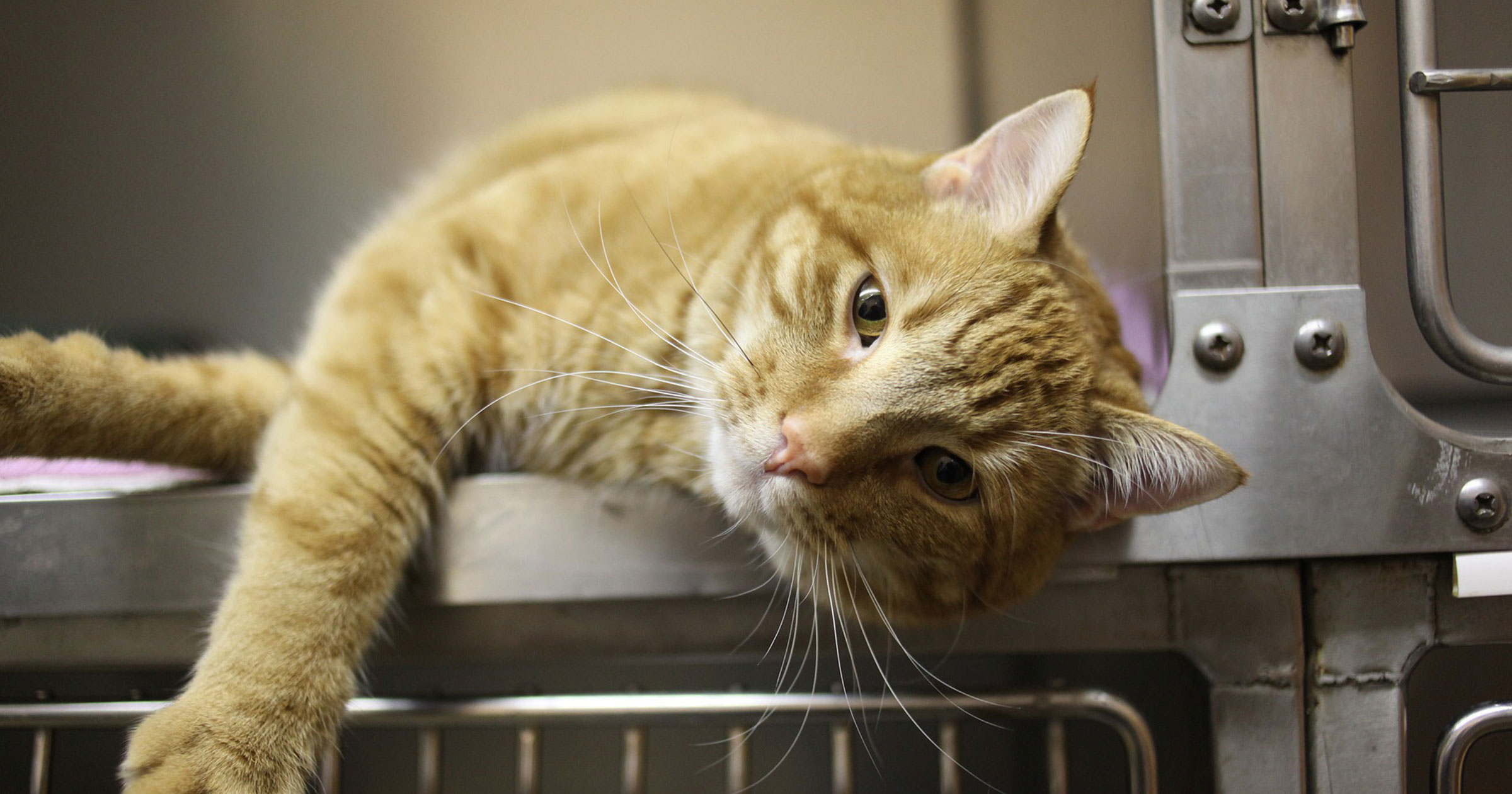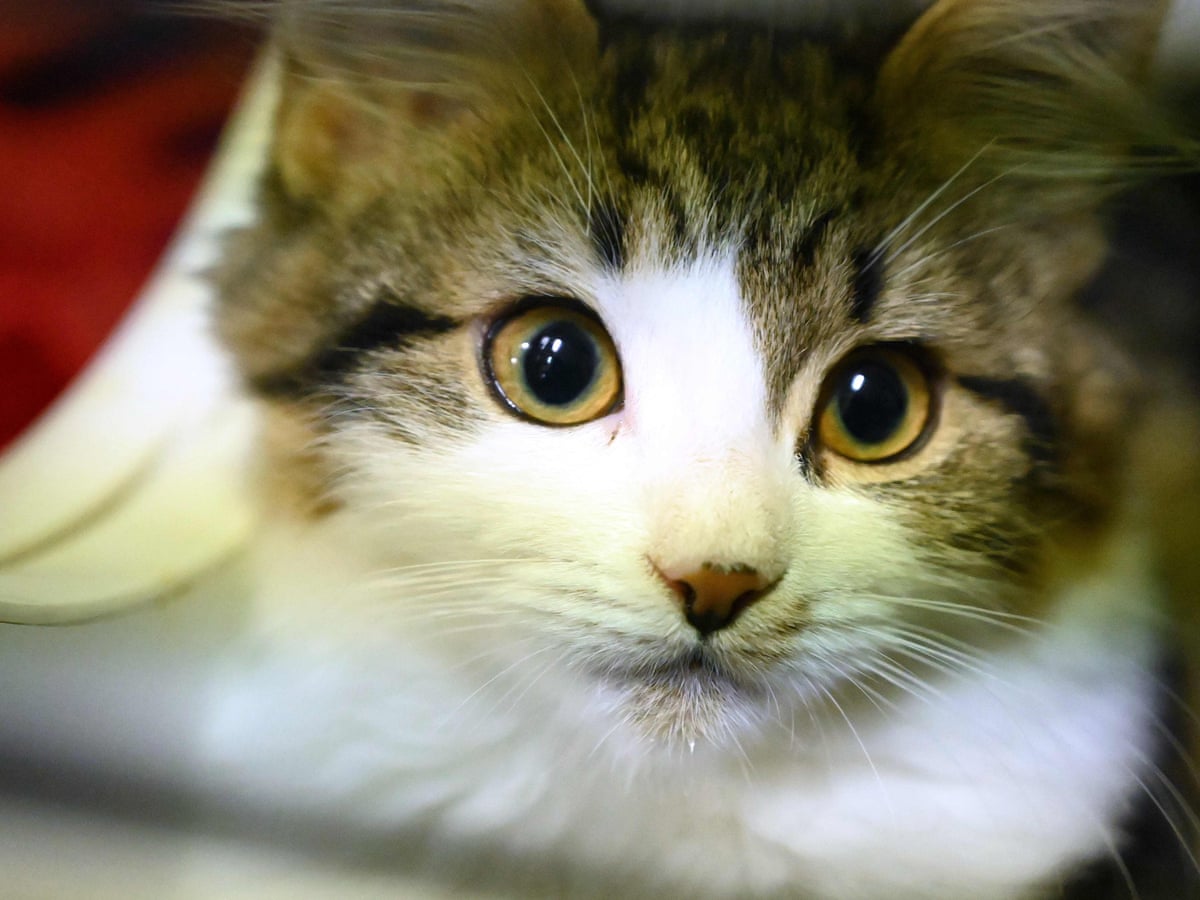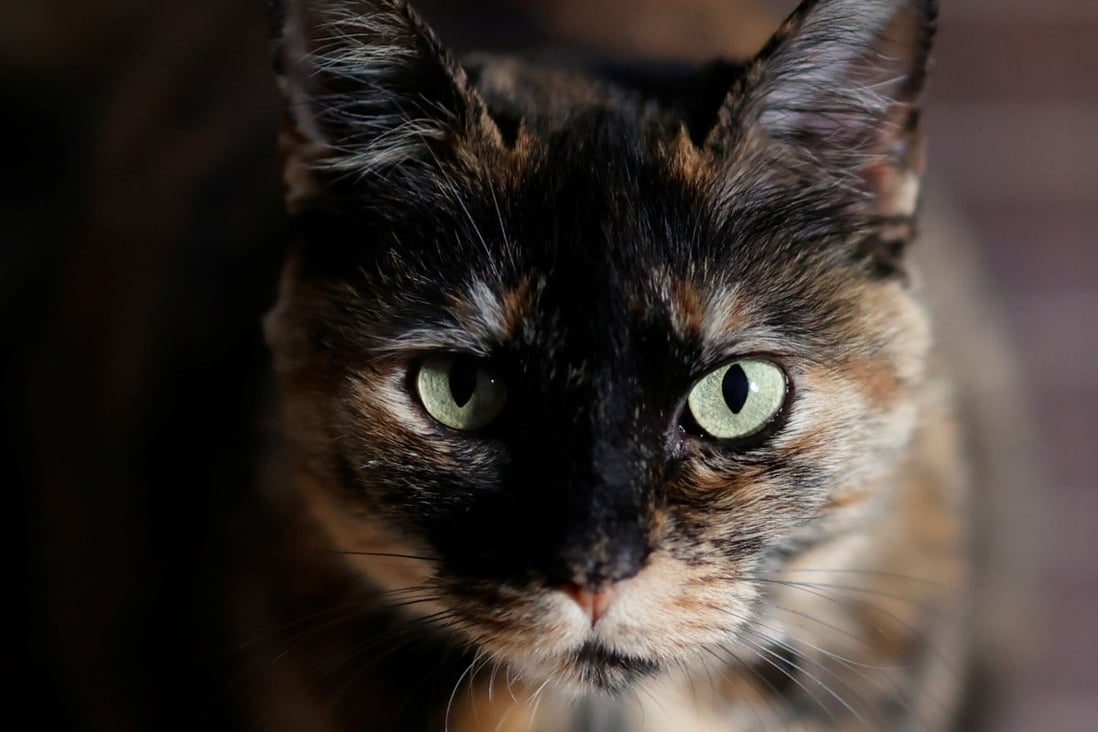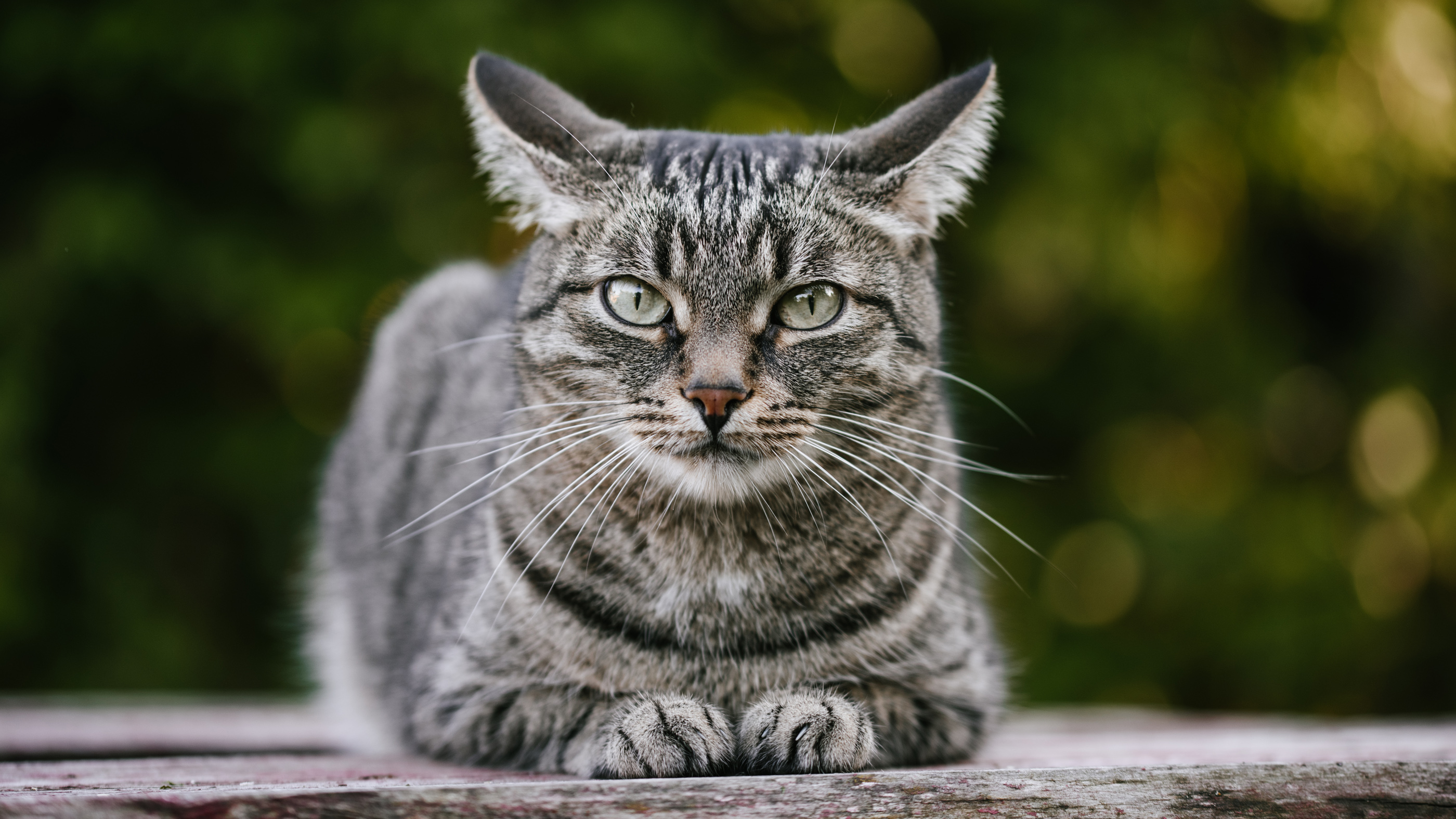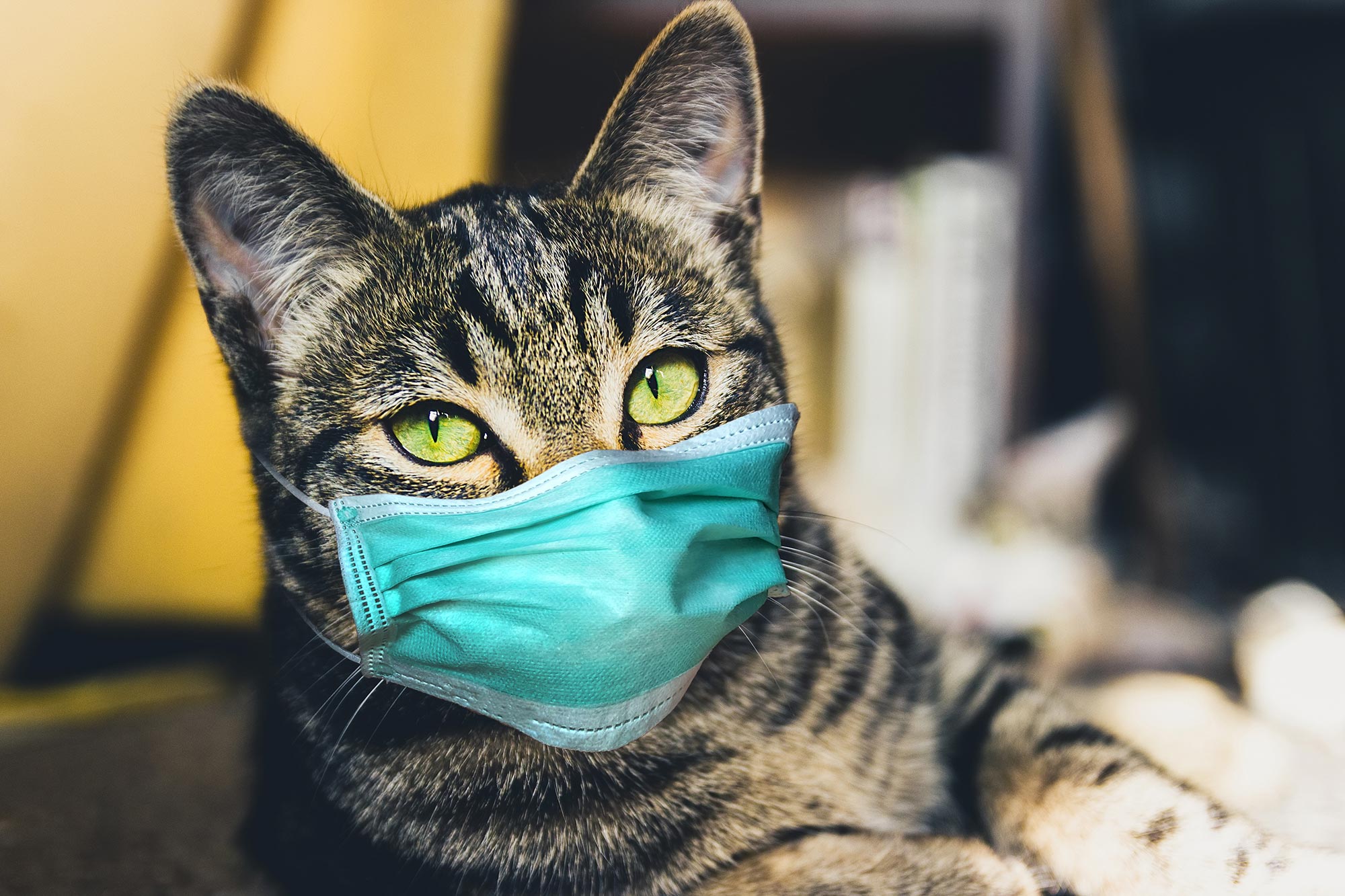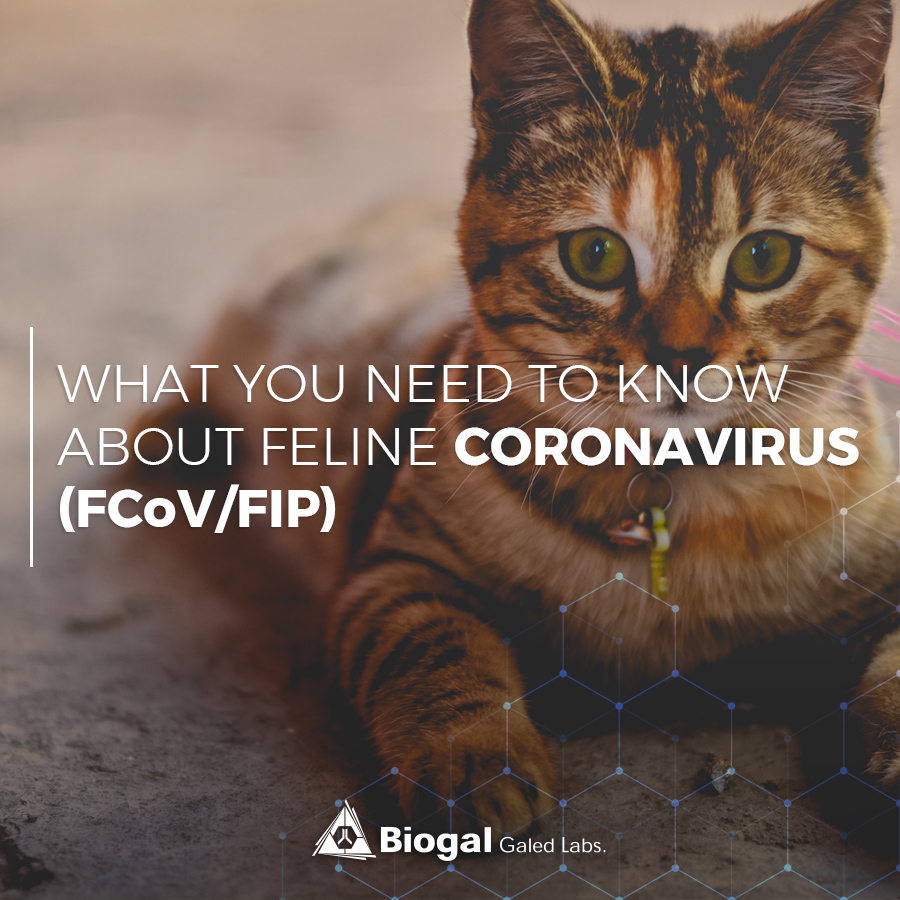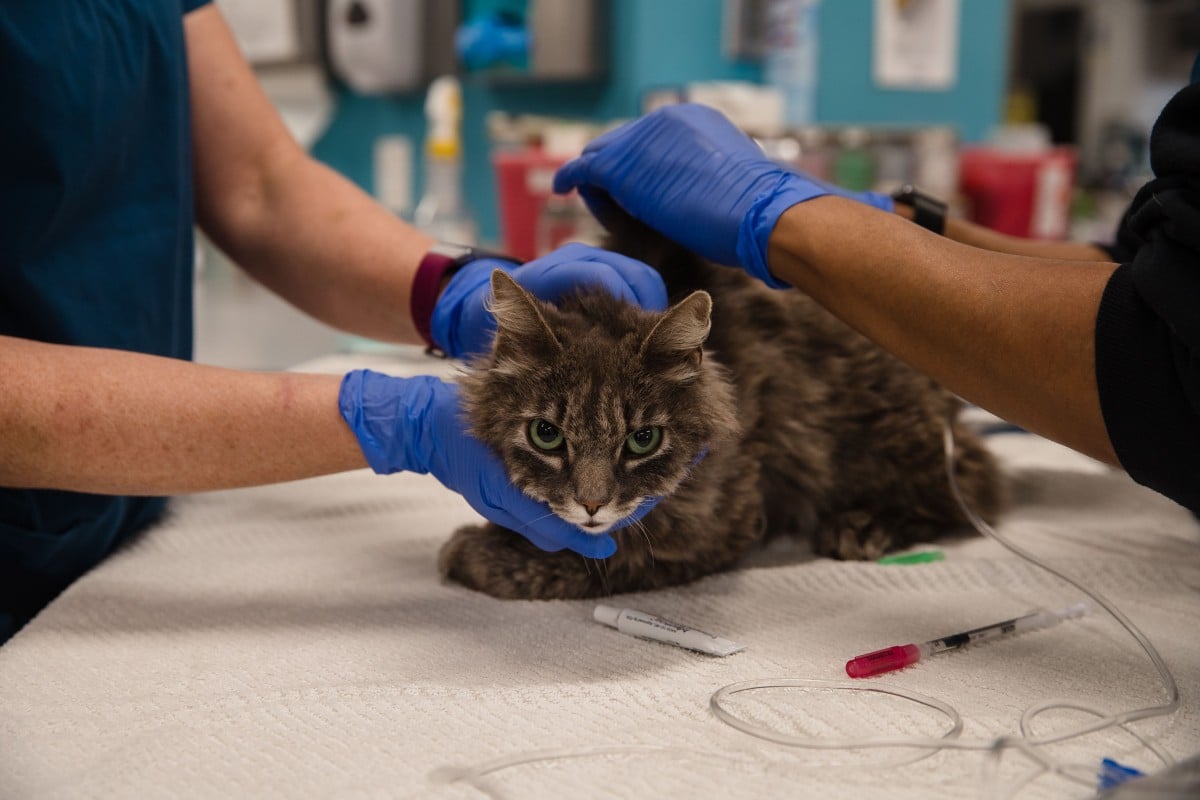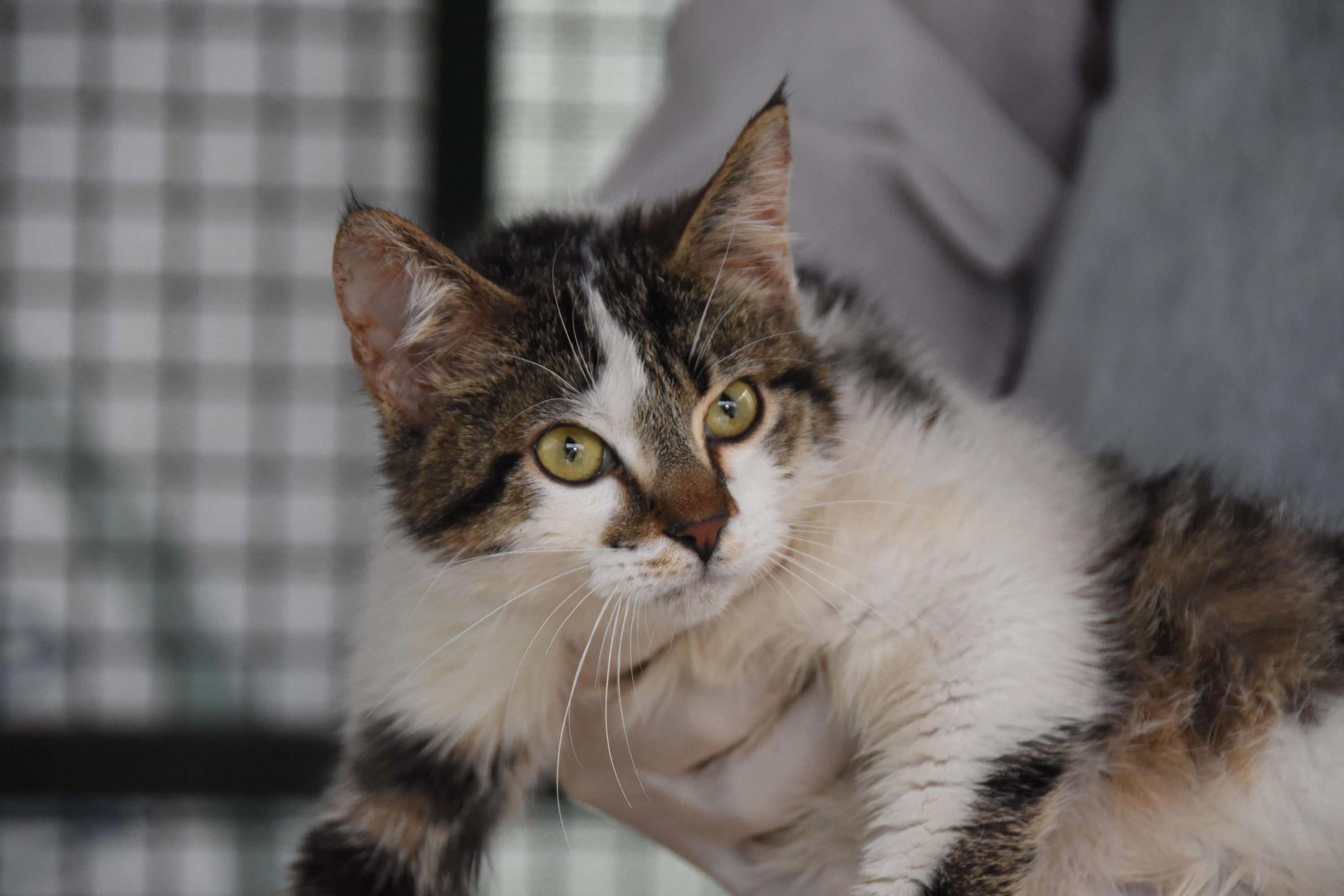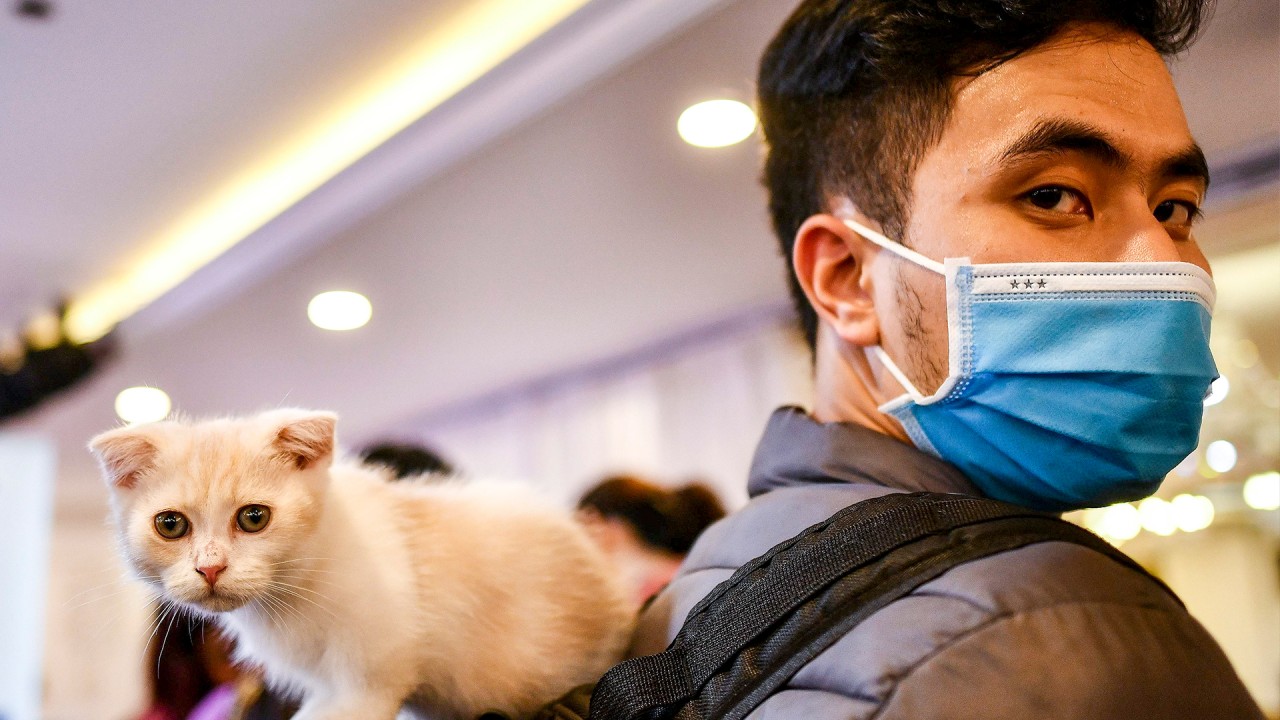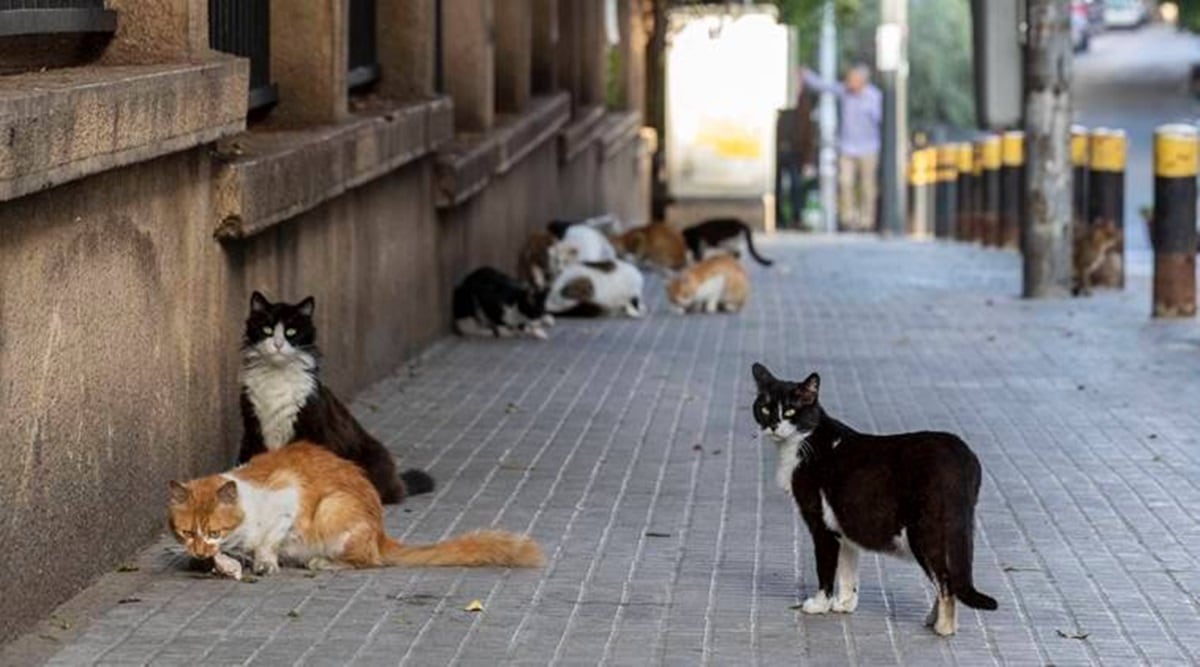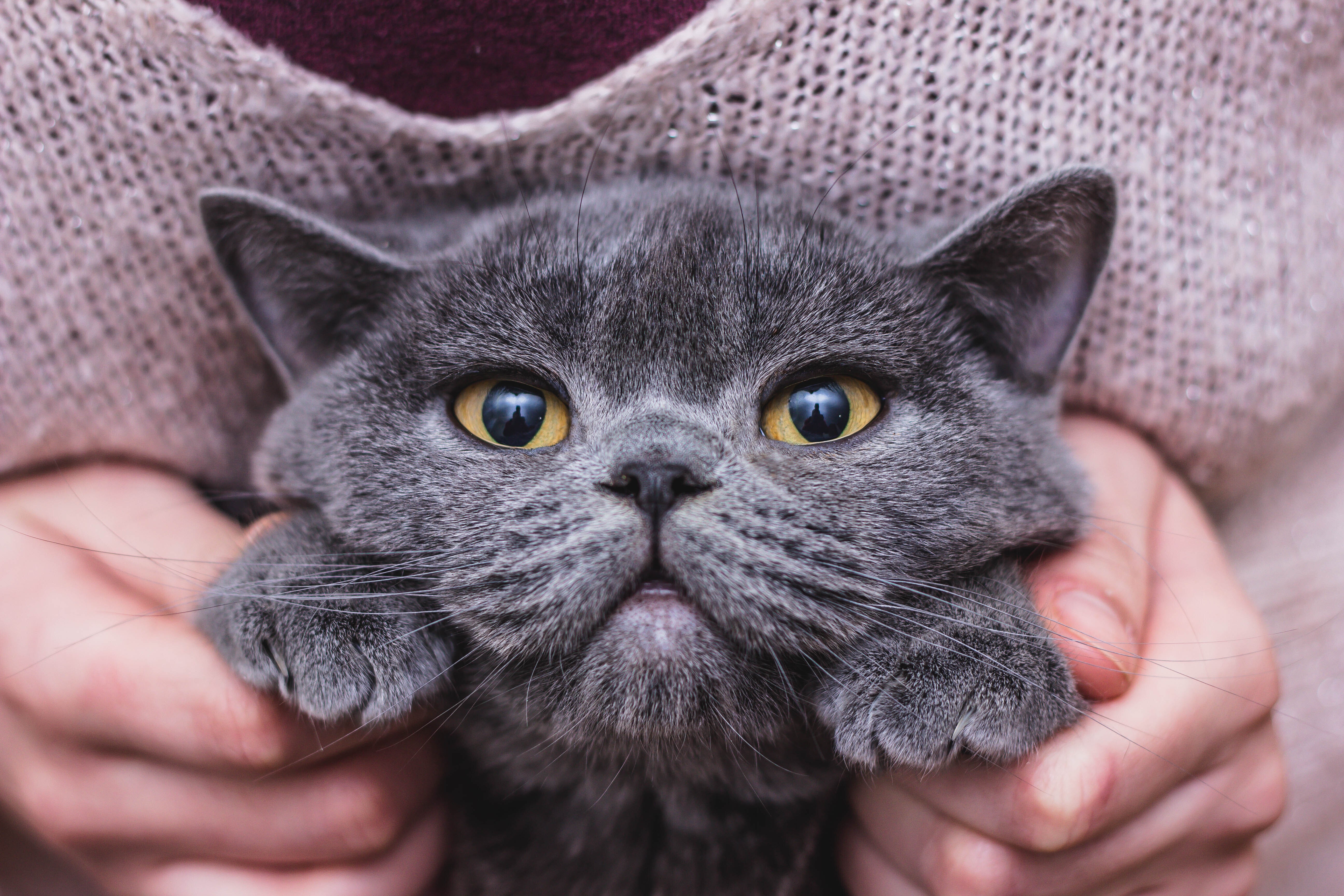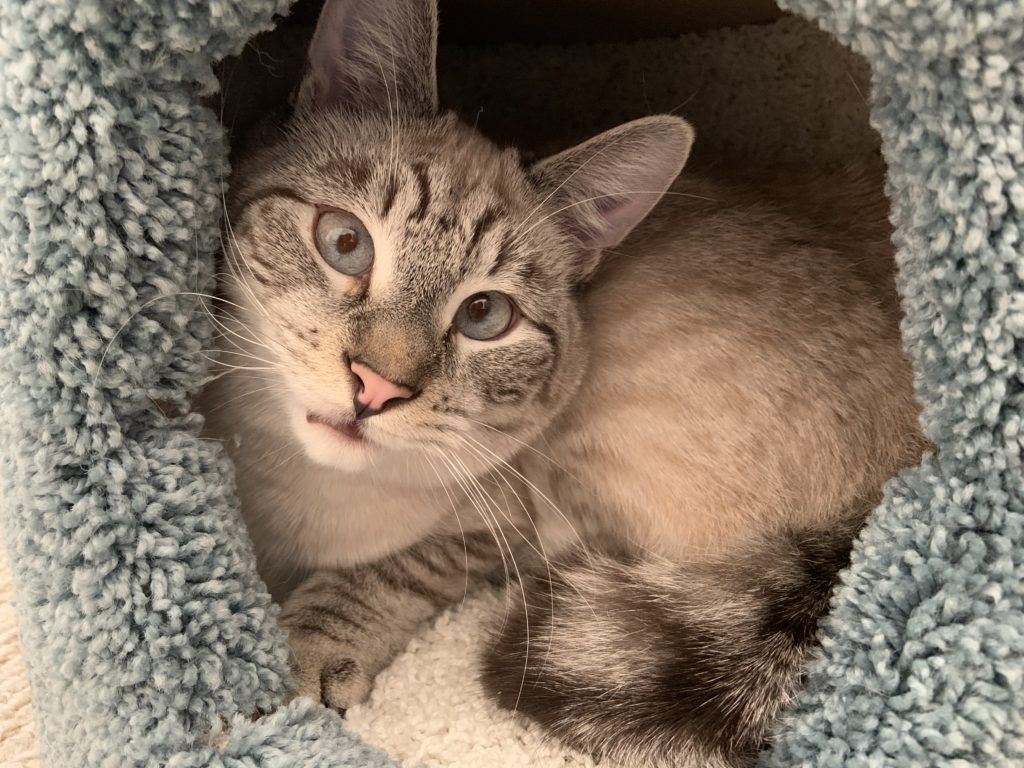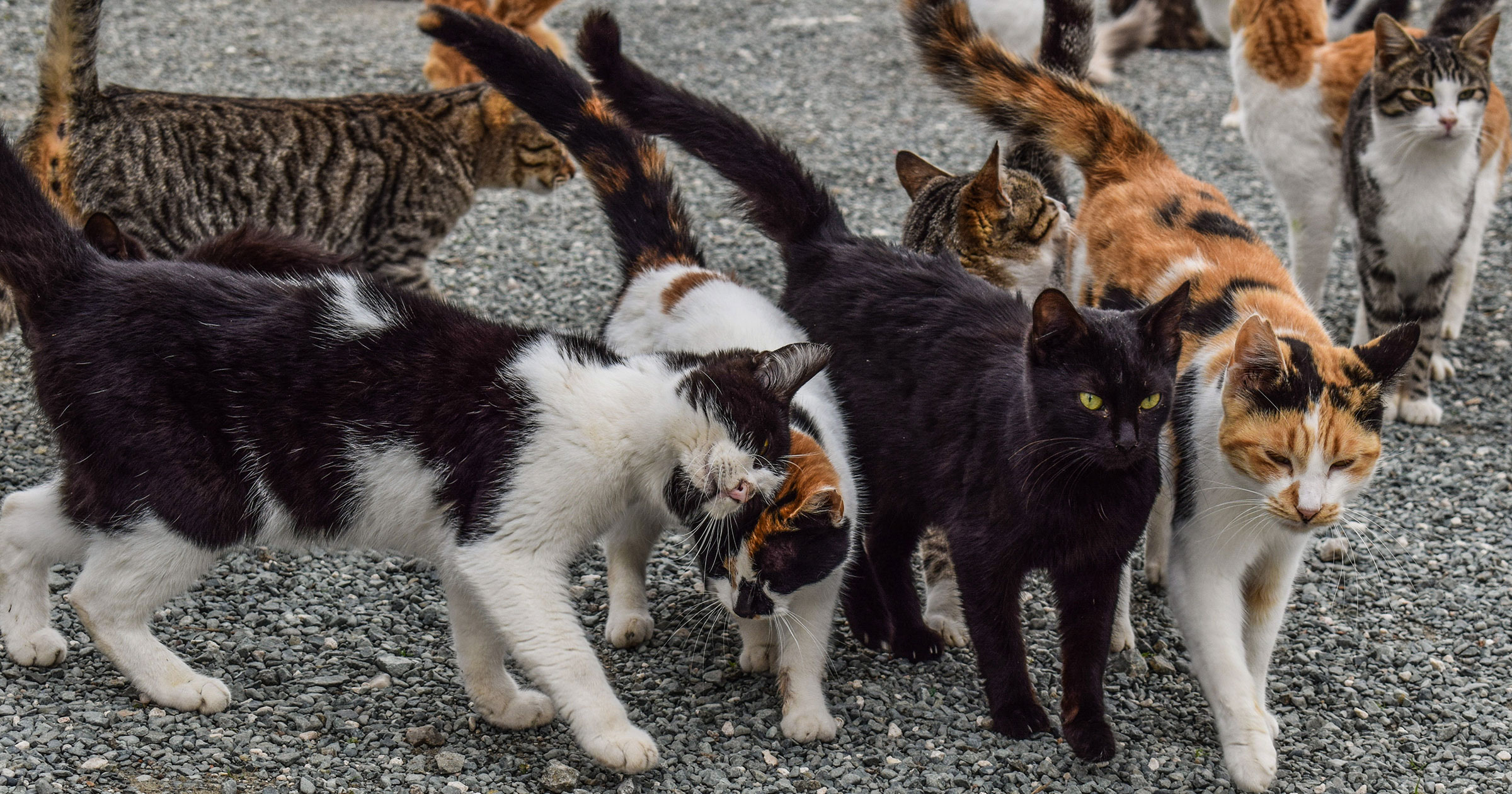Cats And Coronavirus Symptoms
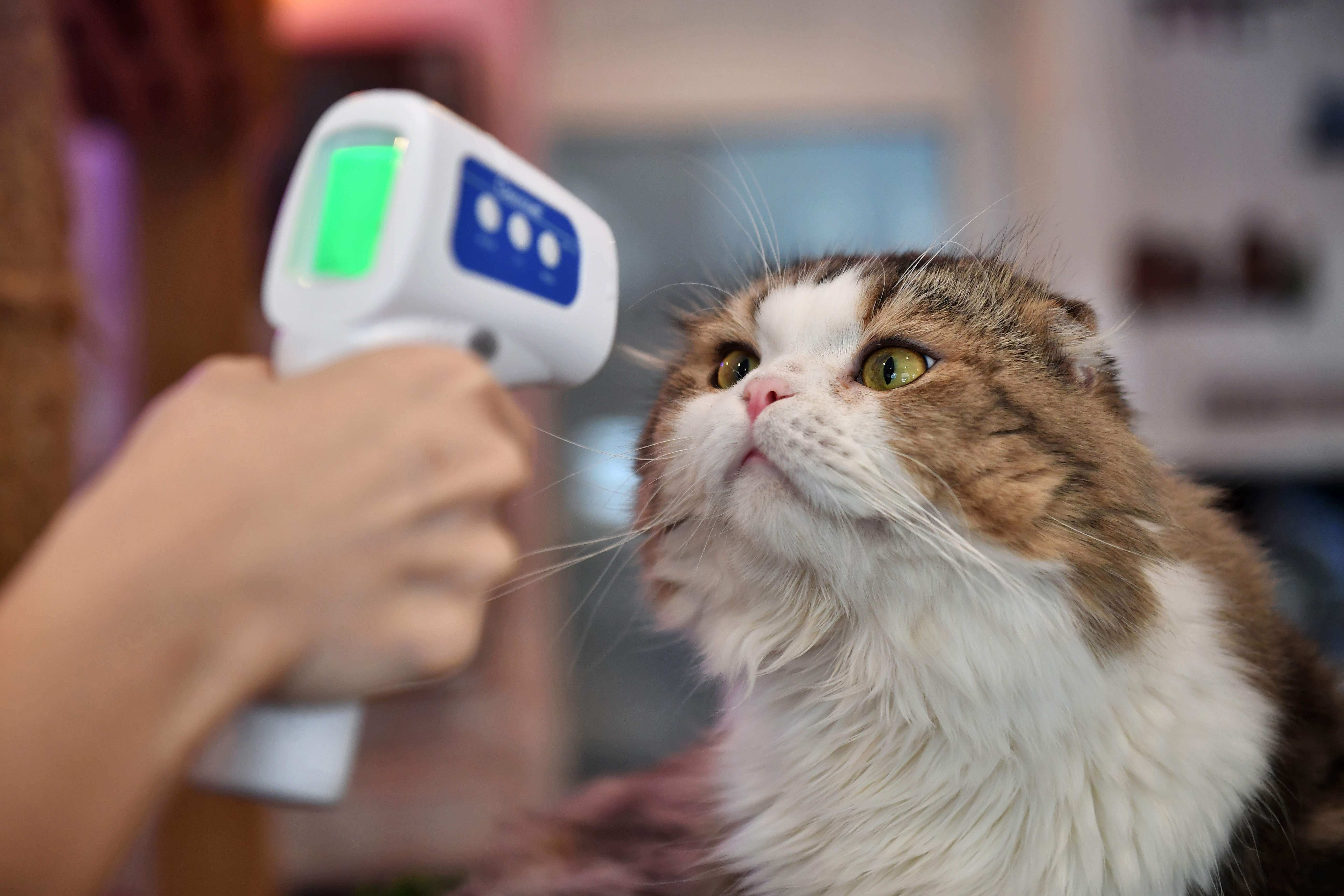
It generally causes asymptomatic infection but can cause mild diarrhea.
Cats and coronavirus symptoms. Experts advise coronavirus-infected households to keep their pet cats indoors. In the naturally occurring case of feline COVID-19 from Belgium the cat developed GI and respiratory problems and recovered within nine days. Dogs mostly had loss of appetite and sluggishness while.
Can FIP be. At this point it appears house cats with COVID-19 developed a mild to moderate cough potentially accompanied by an increased breathing rate or. Cats are susceptible to natural infection with several strains of feline coronavirus that may result in either effusive and noneffusive FIP disease or in subclinical to severe enteritis.
In the field setting cats have shown clinical signs of disease including respiratory and gastro-intestinal signs. The cat experienced breathing difficulties and nasal discharge stock image. It is more commonly found in multi-cat households and does not affect.
Animals reported infected include. In some cases cats will also have excessive thirst and urination vomiting weight loss and jaundice. There is so far no evidence that pets can pass COVID-19 to humans.
This form often causes the cat to have seizures and move in an abnormal or uncoordinated way. If you think you may have coronavirus follow the latest advice found on the NHS website. Symptoms but sadly most affected cats have to be euthanased.
Feline Coronavirus FCoV is a common viral infection in cats. What are the symptoms of coronavirus in cats. Most of these animals became infected after contact with people with COVID-19 including owners caretakers or others who were in close contact.

